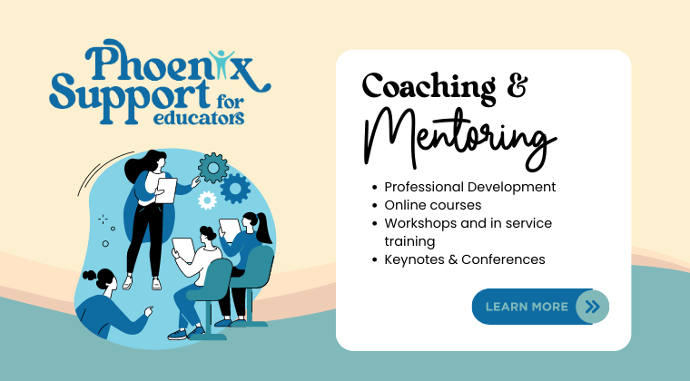In the UK there’s a football chant: “Sing when you’re winning, you only sing when you’re winning”. But we think they have it round the wrong way. At Boogie Mites we would chant “ Win when your singing, you’re gonna win when you’re singing!
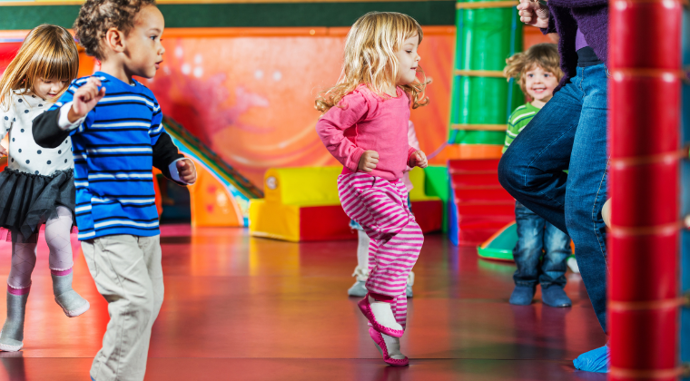
What We All Know
We all know from our own experience that singing and dancing is fun, uplifting and energising, we play music to motivate us when we exercise, to calm our minds and be in the moment, we sing at football to excite and express our combined support! This can be explained by a little understanding of the neuroscience evidence showing us how participation in music making (singing, clapping, tapping, banging, stamping along to the beat) impacts our brains.
Neuroscience Overview
Music making is a whole brain activity it activates neural networks across the whole brain. Music is a whole brain workout.
All of the following neural networks are connected to the 3 main cortices of the brain (the auditory, motor and visual cortices) and all are seen to be activated by music practice:
| Super sense network | Reward network | Cognitive network | Perceptual network | Cognition network | Emotional network |
| Making sense of language – the brain processes music using the same neural network as it uses to process language | Giving a sense of achievement and motivation, re-enforcing positive learning experiences | The engine room, figuring out how to do things, the steps or process | Predicting what comes next | Figuring out what it all means, what we like or do not like | Effecting mood, resilience, emotions and empathy |
In this article we will focus on the reward and emotional networks to explore the impact of participation in music activities on mental health and wellbeing, although really all benefits are connected.
Pro-social Behaviours
Research shows strong correlation between music practice and pro-social behaviour:
Kindness
Empathy
Agency
A particular study (Kirschner & Tomasello, 2010) points towards young children (4 year olds) behaving more pro-socially (positive, helpful and promoting cooperation and friendship) after taking part in music activities together. They become more empathetic and helpful towards each other, which suggests a group music session might be worth a try if you need to get your pre-school room playing more co-operatively together.
These are skills that are modelled by significant adults but very tricky to teach. Music practice offers a great tool or teacher for pro-social behaviours. When we share music, clap together, sing and move together we are developing teamwork skills and learning empathy and agency.
Children can start to learn pro-social behaviours from 14 months old.
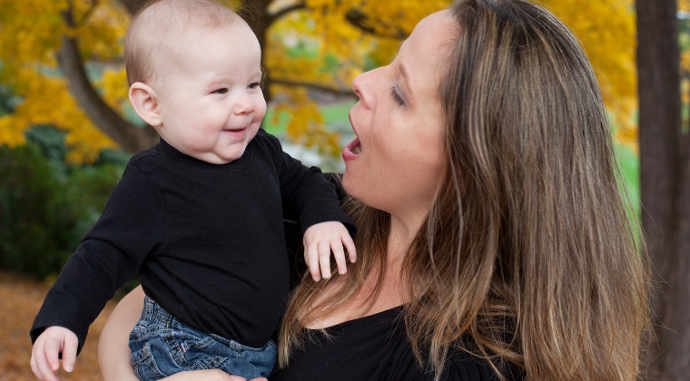
Social Cohesion
Research shows that when a mother and baby/child sing together their heartbeats and body temperatures align. When we sing and move together or make music together there is a powerful bonding or connection created.
Also, for a group of children making music together, the same emotional reaction promotes social cohesion for the group.
According to several studies (for example, Hove and Risen, 2009; Wiltermuth and Heath, 2009; Valdesolo and Desteno 2011; Launay et al. 2013), when humans ‘synchronise’ with each other, social bonding can occur. ‘Synchronising’ is defined as performing movements simultaneously with someone else. This could include dancing, clapping, and tapping rhythm sticks in time with one another
Music is a powerful tool for developing the emotional network in a positive way to promote social skills and inclusive cohesive activity. With this comes confidence and happiness.
Reward and Love of Learning
Research studies show that music engages the reward-related regions through functional connectivity with the auditory system. The reward network is activated when we get something right and feel good about it. Music making often activates the reward network, with a far transfer effect of developing a love of learning, a love of getting things right.
Neurotransmitters
Neurotransmitters are the body’s chemical messengers. Four chemicals that are stimulated when we are involved in group music making and exercise:
DOSE- Dopamine, Oxytocin, Seretonin, Endorphins
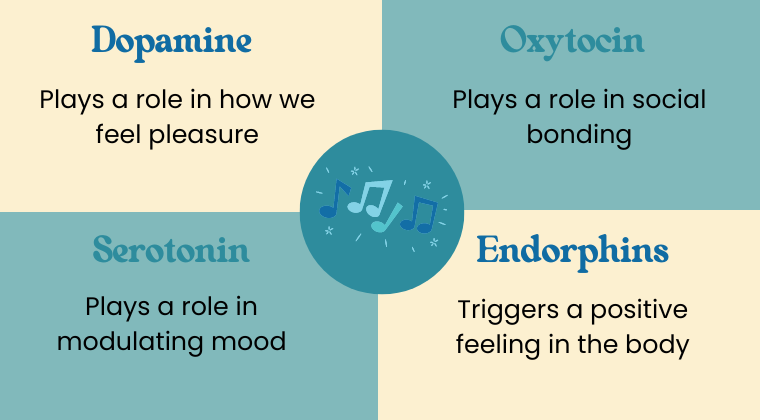
Get your daily mood booster DOSE of music to stimulate happy hormones, motivation and bonding!
School Ready Skills
With all of these things going on in the brain it is easy to understand that music can play a powerful role in supporting mental health and wellbeing.
As well as the effect that music has on the brain we can think about the group skills that children are learning when taking part in a music and movement active circle time, and the skills they are learning that will set them up a with a good start at school – vital for a happy education experience from the start.
In a music and movement circle time, small or large group activity, with or without parents taking part, children will develop key school ready, group learning skills, skills that will influence their wellbeing as they move through school.
Listening and attention
Taking turns
Playing co-operatively
Sharing props and instruments
Following instructions
Contributing ideas
Regulating behaviour – when faced with the exciting prospect of music making!
Confidence and self-esteem
Emotional wellbeing
So going back to what we know from our own experience, it is no wonder we all choose to have music at celebration events such as weddings, central to religious services promoting mindful worship, why we all love live music events, discos and parties. It is no wonder that singing on the football terraces every Saturday across Europe creates a tribal feeling of social belonging, a weekly ritual that is vital to the mental health of all involved.
We haven’t even started to think of the impact of music on language and literacy development, another topic supported by a wealth of neuroscience research evidence. Of course, good language and literacy skills impact confidence, self-esteem and hence wellbeing. Building strong foundation for language and literacy in early years can play an important role in children’s mental health and wellbeing throughout school. It will avoid them being behind from the start, often never able to catch up.
As early years educators we play such a vital role in setting our children up with positive mental health neural networks and skills that support wellbeing through school. Neuroscience evidence show us that music is perhaps the most powerful of all tools that we have at our disposal.
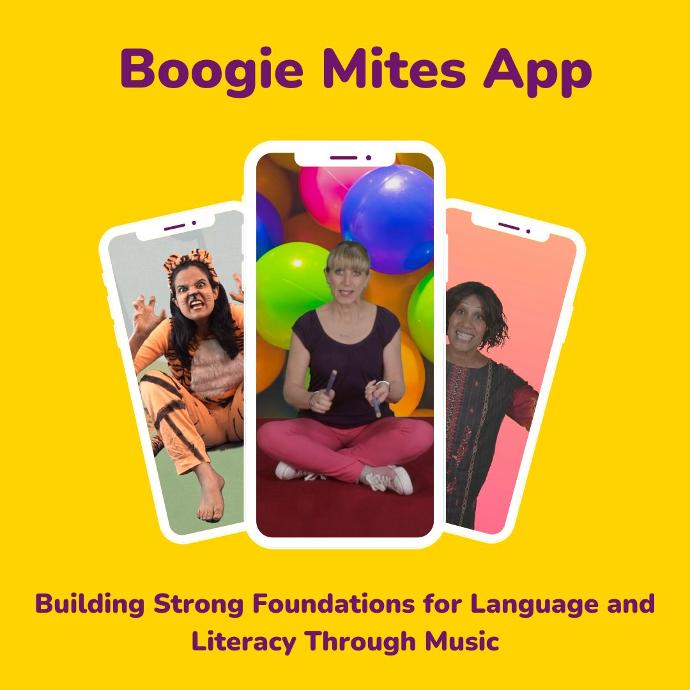
Boogie Mites have collaborated with Children’s author Michael Rosen and storyteller Rohini Vij to develop a music videos webapp that harnesses the brain boosting power of music and uplifts all involved. The app has been tested with the help of many early years educators an parents. We are excited to launch the webapp final product this June 2023. We are happy to offer Phoenix Cups followers a special discounted subscription option via this link: Boogie Mites App: Building Strong Foundations For Language and Literacy Through Music
Sign up for free trial of 18 music videos to trial for first month .
The best thing of all is that daily music making will not only support the mood, and wellbeing of the children, but of the participating adults too! So shed those inhibitions, turn up the music and boogie!
